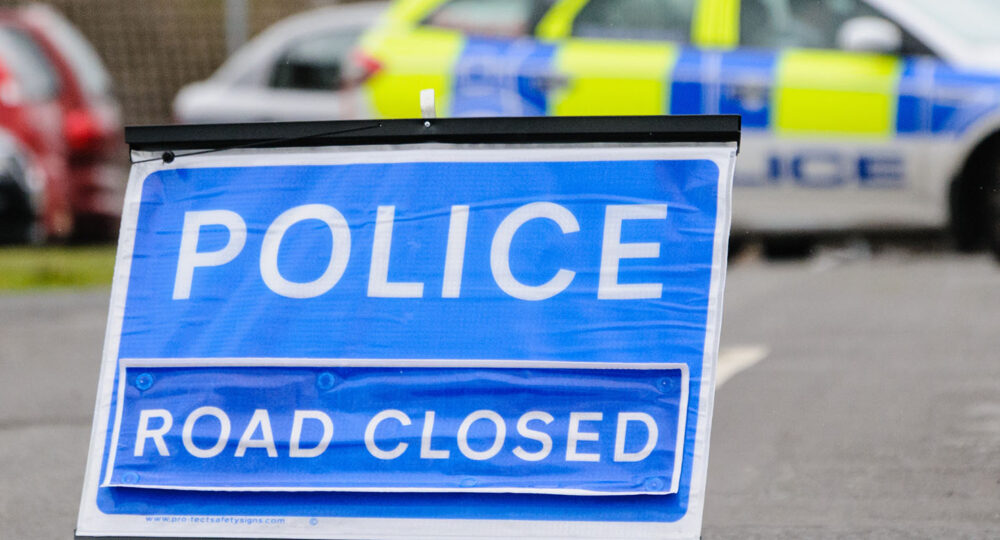If you have suffered a criminal injury in terms of being injured or psychological trauma as a result of a violent crime, then the Criminal Injuries Compensation Authority (CICA) is the best place to refer your case.
The Criminal Injuries Compensation Scheme is a government funded scheme that provides compensation for blameless victims of violent crime in England, Scotland and Wales. It has been set up to help those who have been physically or mentally injured as a result of criminal violence.
The rules and value of payments awarded are set up by Parliament and calculated by reference to a tariff of injuries. The size of the award varies to reflect the seriousness of the injury suffered, so depending on the injury suffered is the amount of award given.
Getting started with Criminal Injury Compensation
You do not need a paid representative such as a Solicitor to apply for compensation. However, due to the amount of information requested by the CICA many victims rely on Solicitors to help them complete and communicate with the agency.
You can apply for compensation online where all information needs to be provided. This is then submitted to CICA who set up a claim and start their investigations.
The Scheme is intended to be a last resort. Where you can pursue compensation elsewhere then they recommend you do so. CICA will not decide on any case until they are satisfied that you are eligible and there are no other avenues from where compensation can be obtained. If you are pursuing any other claims, then you should keep CICA informed.
You could still be eligible for an award even if your assailant is not known or is not convicted.
WHAT CLAIMS ARE CONSIDERED BY THE CICA?
They consider claims for the following:
- Mental or physical injury following a crime of violence
- Sexual or physical abuse
- Loss of earnings – where you were unable to work as a direct result of a criminal injury
- Special expenses payments – this covers incidental costs which you may have incurred as a result of the incident.
- A fatality caused by a crime or violence including bereavement payments, payments of loss of parental services, financial dependency and funeral payments.
You should note that not all claims for compensation would be successful. You have to be eligible under the rules of the Scheme. The common conditions are detailed below.
How much time I have to apply for Criminal Injury Compensation?
You must apply as soon as it is reasonably practicable to do so. You have two years to make a claim and this time limit will only be extended where there are exceptional circumstances where an application could not have been made earlier or where the evidence provided in support of the application means it can be determined without further enquiries.
The CICA do not wait for the outcome of a criminal trial as their decision is based on a ‘balance of probabilities’. If there is enough information to make a decision, then they will. The fact that there is an ongoing trial should not delay your application.
If you wish to make an application more than 2 year from the date of the incident, then evidence does need to be provided which shows the application could not have been made earlier.
Special provisions are made for anybody under the age of 18 years. Late applications will be considered but it is a good idea if you apply early. For anybody under the age of 18 a parent or guardian can apply on their behalf. A parent or guardian can complete the online application and provide evidence of the relationship to the child.
Reporting the incident to the Police
It is very important that for any incident in which you wish to make a claim that the incident is reported to the Police. If the incident is not reported to the Police, then CICA will not make any payment.
Moreover, it should be reported to the Police as soon as it is reasonably practicable. So immediately following the incident. If there is a delay in reporting, then CICA will question why this was and will assess whether it was reasonable for you to have reported it sooner. If they conclude that there should have been an earlier report, your case will fail.
You should always personally report the matter to the Police even if you have reported it somewhere else.
Nationality and residency criteria
You will only be eligible if you have been ordinarily resident in the UK on the date of the incident, a British Citizen or a close relative of a British Citizen. You can also apply if you are a national member of the EU or EEA or a person who has the right to be in the UK due to being a family member of a national member of the EU or EEA.
Your conduct
Before making any payments the CICA will consider your behaviour before, during or after the incident and whether it caused or contributed to the incident in which you were injured.
They will consider whether you were acting in an aggressive or threatening manner and thereby provoked the incident in which you were injured. They will consider whether you intended to cause an assault or fight, whether there was a history of violence between yourself and the assailant or you were injured as a result of challenging someone over a previous incident.
They will look at what happened at the time of the incident, and whether you willingly took part in a fight, they will also consider your behaviour after the incident happened and whether you sought revenge.
They may also refuse or reduce a payment if you have a criminal record, even if you were blameless in the incident and suffered injury. If your convictions are unspent then your payment will be reduced. The reduction is based on a penalty point system, the more recent the conviction and the more serious the sentence, the more penalty points it will attract.
Where there are conduct issues or a history of convictions, then CICA has a range of options to either reduce or refuse an award. Most likely unless a conviction is very minor, such as a motoring offence, no award will be made. Moreover, where conduct is considered it is irrelevant that the “victim” came off with worse injuries than the “assailant.” In other words, if you start a fight, but end up with bad injuries this will be considered your own fault and no compensation will be paid.
What happens if you have more than one injury?
If you have two or more injuries which on their own would qualify, then the following tariff is used:
- 100 per cent of the full tariff value of the most serious injury, and
- 30 per cent of the tariff amount for the injury with an equal or second highest value; plus
- 15 per cent of the tariff amount for any additional injury with an equal or third highest value
The Scheme does not pay for more than three injuries, however, there are additional tariffs which you can receive payment if as a result of your assault you become pregnant, lose a foetus or contract a sexually transmitted disease.
Accepting Payment
When the CICA have made a decision, they will either write to you or your representative advising that a decision has been made.
If an offer is made, then you must complete the acceptance form within 56 days. If you fail to send back the acceptance form within 56 days they will withdraw the offer and no award will be made.
The aim of the Criminal Injuries Compensation Authority is to provide an efficient and fair service to blameless victims of violent crime. Compared to bringing a civil claim through Court process, awards are low since the scheme is tariff based. Moreover, it can take a long time to resolve a case due to the bureaucratic nature of the process. If you are unfamiliar with the scheme or how it operates then you should consult with a qualified Solicitor.



